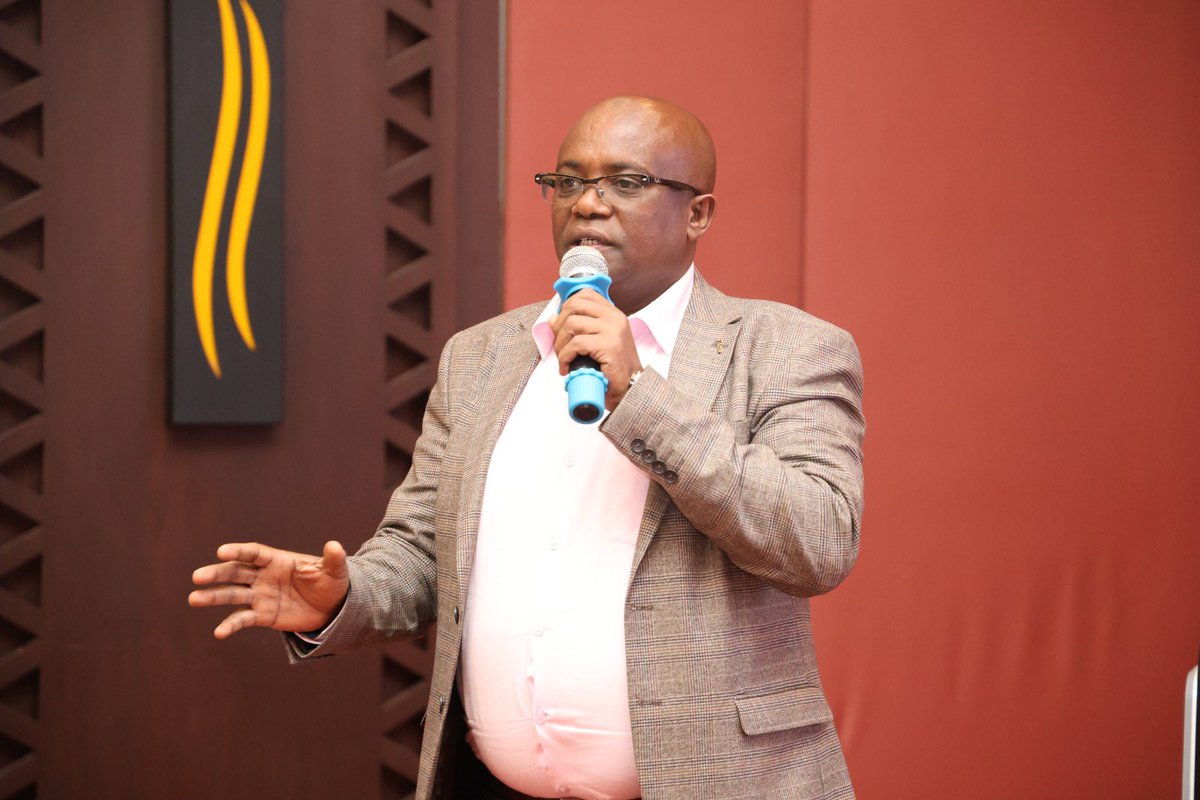The Chief Executive Officer of the Kenya Medical Supplies Authority (KEMSA), Ejersa Waqo, has assured Kenyans that the authority is working to permanently resolve the perennial shortage of drugs that has plagued counties for years, hampering the smooth realisation of Universal Health Coverage (UHC).
Speaking in Mombasa on the sidelines of a meeting bringing together KEMSA’s Board and senior management to review performance and discuss the implementation of its strategic plan, Waqo emphasised that drug security is a top priority.
He stated that KEMSA is working tirelessly to ensure a steady supply of essential medicines, making UHC more effective and meaningful. “Of course, there are challenges, such as long-standing debts owed by counties and other stakeholders we do business with. We are in discussions with governors and county management to ensure these debts are settled as soon as possible through proactive measures,” Waqo noted.
He added that KEMSA is relying on existing laws governing the Social Health Authority (SHA) and the Facility Improvement Fund (FIF), which collects revenue from public health facilities to cover their operational costs.
Currently, KEMSA’s order fulfilment rate stands at 56 per cent, rising to 65 per cent when factoring in back-order fulfilment—orders completed once stock is replenished. “But that is not our target. Our aim is to achieve an 80 to 90 per cent fulfilment rate. We are on track, and that is why we are here to review our performance,” Waqo said.
The KEMSA CEO highlighted that the authority is implementing significant measures to enhance operational efficiency and financial sustainability. This includes engaging consultants to assess strategic direction and identify critical issues related to order fulfilment rates, turnaround times, and overall financial viability.
“This approach is designed to position KEMSA as a key player in the healthcare supply chain, ensuring it effectively meets the needs of its consumers and the wider community,” he explained. KEMSA Chairman Samuel Tanui reaffirmed the authority’s commitment to playing a critical role in the success of the Social Health Insurance Fund (SHIF) programme under SHA, which currently serves over 19.5 million enrollees.
“We have the capacity to procure, store, and distribute medical supplies efficiently,” Tanui stated in Mombasa.
Despite these efforts, public health facilities in several counties, including Taita Taveta, continue to grapple with acute shortages of basic drugs such as amoxicillin, antibiotics, theatre drugs, paediatric analgesics, and medication for non-communicable diseases. These shortages have significantly disrupted service delivery in county hospitals.
As recently as last year, at least 27 counties were in crisis after KEMSA halted supplies due to outstanding debts amounting to KSh2.88 billion, leaving devolved units without essential life-saving medicines.
Among the most affected counties were Nairobi, Mombasa, Homa Bay, Kakamega, Nyamira, Trans Nzoia, Nakuru, Busia, Kisumu, Tana River, Kilifi, Kwale, Garissa, Murang’a, Meru, West Pokot, Samburu, Turkana, Marsabit, Mandera, Migori, Kiambu, Isiolo, Vihiga, Taita Taveta, and Tharaka Nithi.
KEMSA remains under pressure to resolve these shortages and streamline its operations to ensure Kenyans across the country have consistent access to essential medical supplies.





